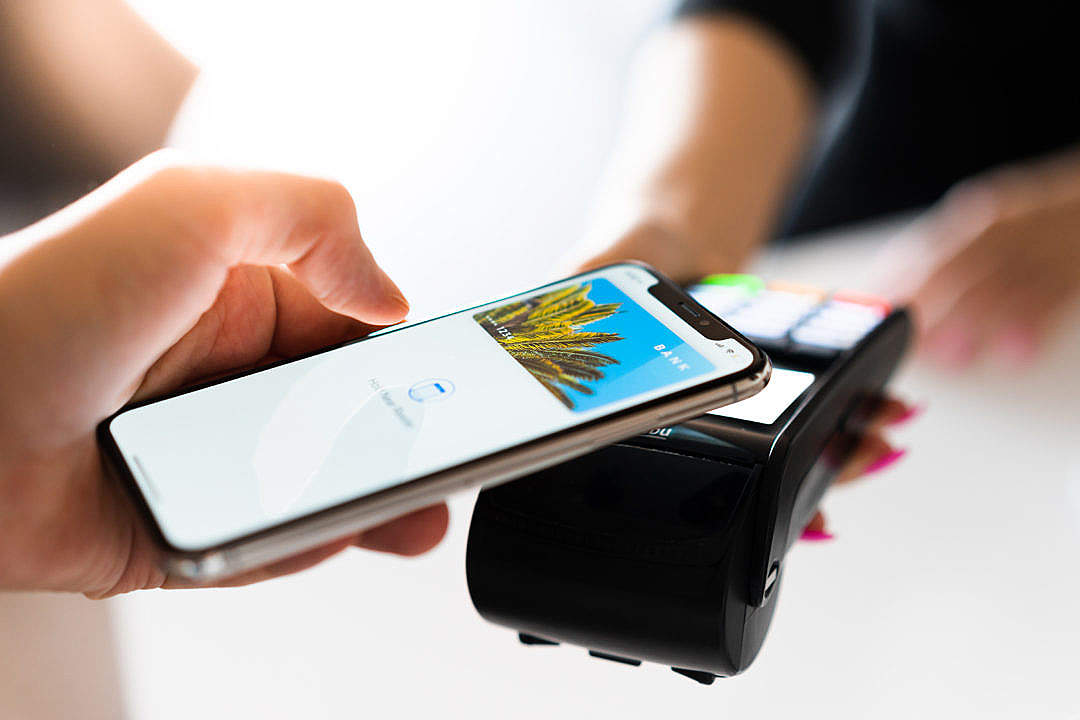There are so many businesses experiencing security breaches these days via hackers who steal business, customer and card data while putting thousands, sometimes millions of people and dollars at risk. This can truly be a nightmare for a business and its customers. But when a business knows the things that it can do to keep its customers safe, it doesn’t have to worry about security breaches. Here are some of the tips that your business can use for keeping your information secure.
Check to See if Card Data is Stored and Delete It
This is a tip from the Security Metrics website. Payment card information that is unprotected might be stored in your POS system, even if you don’t think that it is. This leaves the data available for the criminals to take and use. If you are storing the data in a state that is unencrypted, it’s against the PCI DSS. It’s far better to double check and make sure that you aren’t storing the data. Based on an infographic from SBOMag, 63 percent of merchants are storing card data in an unencrypted state, and this usually happens without them knowing it. The best way that you can find the payment data will be to use a tool that tells you where the card data is so that it can be securely deleted.
Maintain Your Security Patches
This is an essential tip from Charge Logic. Malware and viruses often enter the systems in applications and also through the operating systems. A few of the most common breaches happen through Java and Adobe Flash, so it’s essential that you know your systems are constantly current with security patches and updates. If your operating system or your applications aren’t maintained as well as patched by its publisher, then you are going to have extremely vulnerable systems. For example, Windows XP doesn’t have any support as of April 2014, so the organizations that use that version of Windows need to update their operating system so that they’re PCI compliant.
Create Policies for Employees for Handling Data from Cards
Based on the Franchising website, this is essential for keeping information secure. The security in a business often fails because it has no security policies that regulate the interaction that employees have with the sensitive data. An example would be the problem that Sony had back in 2013 that risked their 25 million customers and the 20K numbers. The correct policy for employees, along with a few basic security fundamentals, could easily have stopped that humiliation.
A great example of a policy regarding card handling would include something like, “Cardholder data and card numbers can’t be faxed, emailed, or sent by any type of technology that uses electronic messaging like chat or instant message.”
Remember to make it mandatory to sign the documents each year and enforce your policy consistently. A lot of PCI vendors provide templates for general security that you can use for creating a custom policy for training employees and securely processing payments.
Keep Informed
This is a tip from the Small Business Opportunities website. Think about the whole list of things you need to do and take care of when an attack happens. From assessing the email infrastructure, to the responsiveness of the database, to the users, to the vulnerability of your browser, figure out where your company’s riskiest spot is. Then evaluate the security of your vendors, partners, business lines, and suppliers.
Stop Transmitting Data That’s Not Encrypted
Make it mandatory that all data is encrypted. This will include the data that’s in motion and at rest. Also think about encrypting the email in your company if there is personal information being transmitted. Don’t use Wi-Fi networks since data could be intercepted.
Limit Employees’ Remote Access
With many businesses shifting to the personnel who are able to work on the road or even at home, it’s more important than ever that companies safeguard any data that’s being exchanged. Make sure that the people who have access to the system over VPN know about their security responsibilities. The Wi-Fi connection might be free, however, it’s also unsafe if it’s not a trusted connection. Advise the employees not to use public Wi-Fi connections for communicating with the home office. If they’re using their personal Wi-Fi at home, it needs to use SSID for safeguarding their network from any unauthorized access.
When you are a business and your customers trust you to keep their information secure, you want to make sure that you have all of the knowledge and equipment to keep it safe. That means getting the best POS equipment and software. You can find a lot of POS items online from a lot of different websites, including the Shopify website. Think about what you need and then look to see what is offered online. It’s your business, and you should do everything you can to keep it safe.
Discover more from Tech News
Subscribe to get the latest posts sent to your email.









